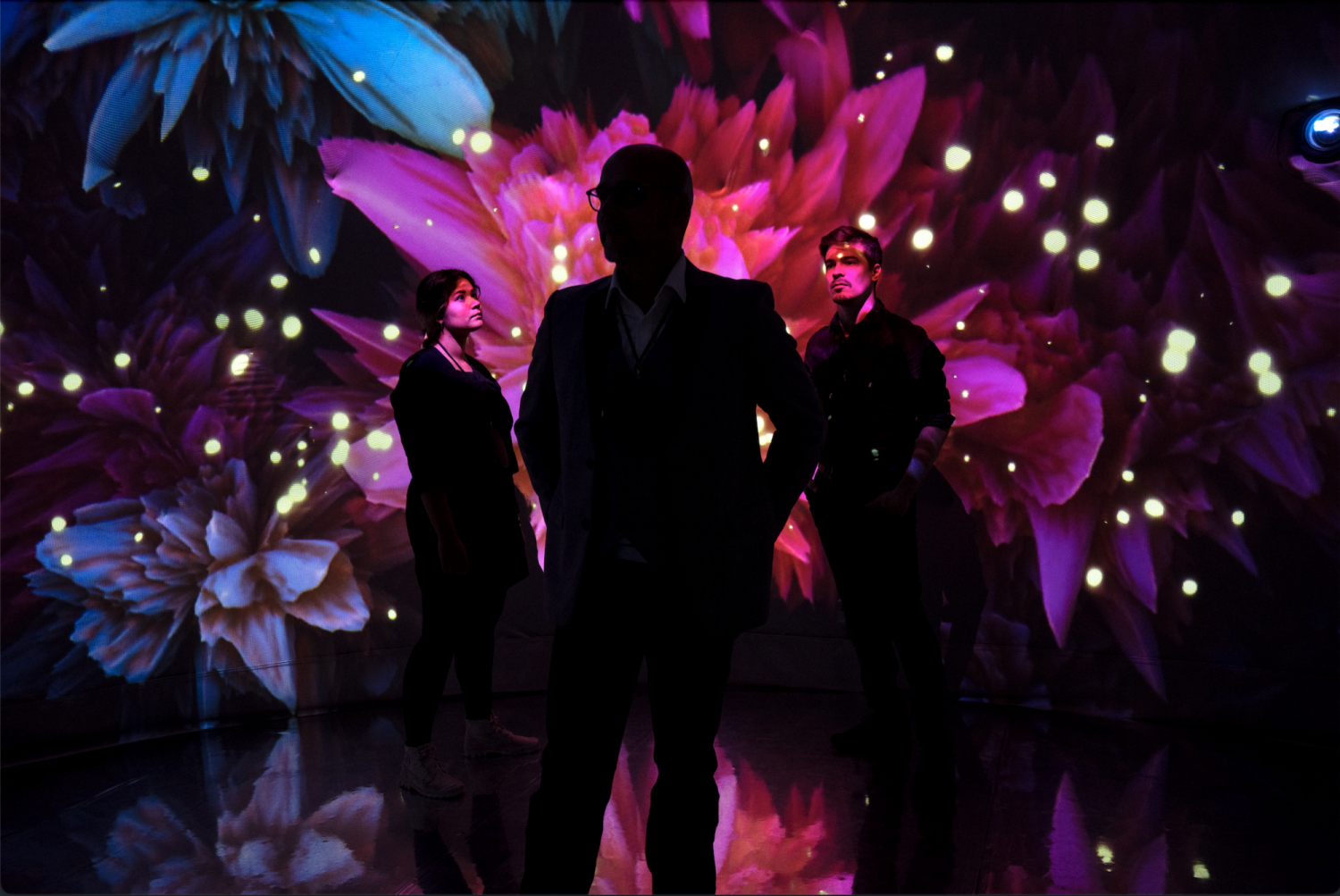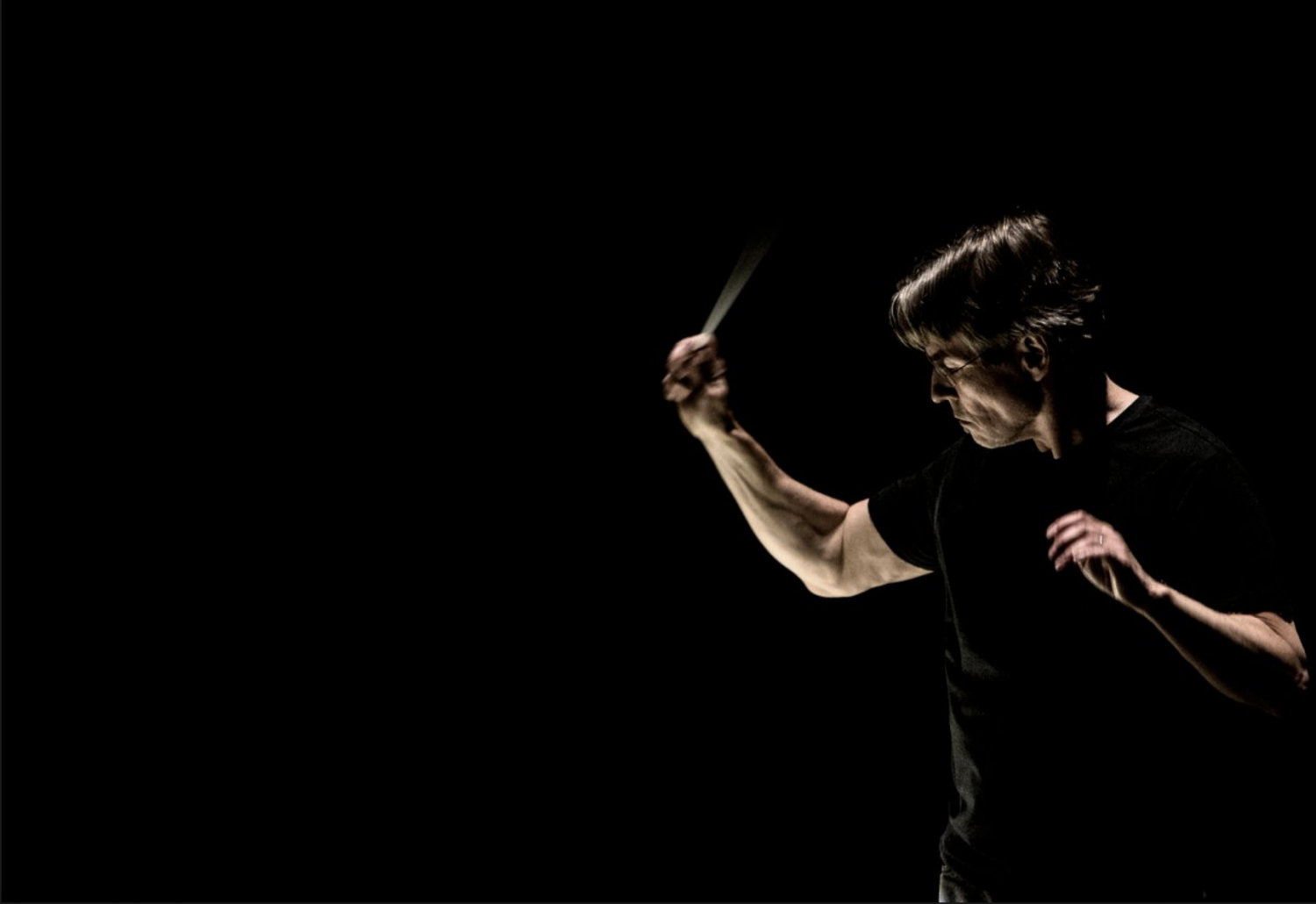The future is bright for Hong Kong’s largest and longest running performing arts festival thanks to the innovation of shows such as "Laila", an opera incorporating artificial intelligence and virtual reality.
If there’s been one silver lining for the performing arts world during the pandemic, it’s the creative use of technology: Zoom theatre performances, the streaming of pre-recorded concerts and the use of virtual reality. These initiatives have sparked new conversations not only about how technology can be used to keep a show afloat, but also about how it brings new possibilities to traditional genres such as opera. One highlight of the Hong Kong Arts Festival’s (HKAF) 50th anniversary line-up of concerts, musicals, plays and dance performances is Laila, an interactive opera that has no live singers or orchestra.
Don't miss: Hong Kong Arts Festival 2022: Tatler’s Top 6 Picks

Originally scheduled to run from February 25 until April 3, the production is now postponed until further notice due to Covid. Until it resumes, Tatler goes behind the scenes of this mega project to see how the international team has been bringing it into reality.
Laila is set to take place in a five-metre-tall, eight-metre-wide, purpose-built dome in the Maritime Museum in Central. Visitors are invited to record their voices, which will become part of the music, before entering a space filled with projected cosmic colours and ever-changing patterns. By using artificial intelligence, virtual reality, video-projection mapping, 360-degree spatial audio and real-time motion-tracking, the audience dictates how the opera’s mood and development play out, so each 20-minute “performance” is unique.
Read more: Exclusive: Inside Hong Kong's New M+ Museum—Asia's Answer To Tate Modern And MoMA





